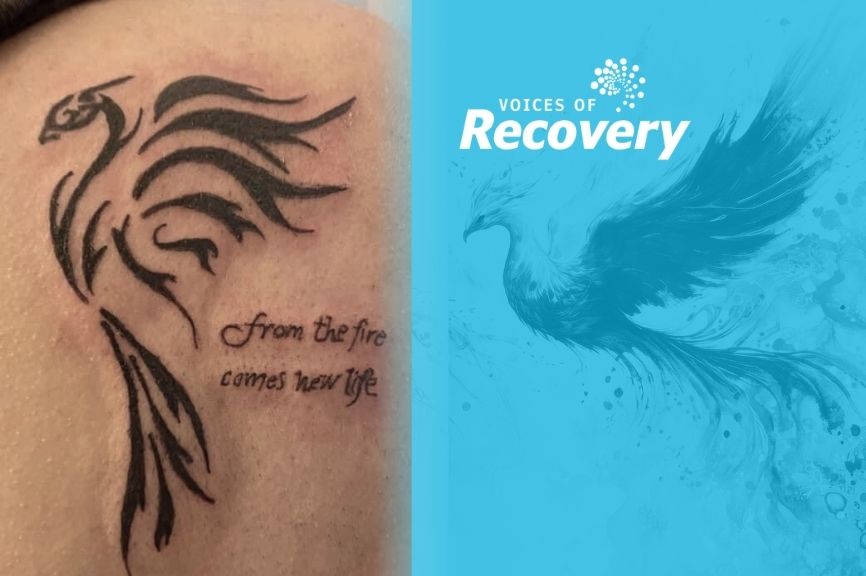eIntervention was named Best Care Orchestration Platform – READ MORE

CHESS Health Partners with Arkansas to Deliver Statewide 24/7 Digital Recovery Support
September 23, 2025
CHESS Health launches digital recovery platform statewide in Arkansas, providing 24/7 peer support through Connections and Companion apps to address critical SUD treatment gaps.

Leveraging Digital Tools to Build & Retain Census
September 4, 2025
Healthcare providers face an unprecedented crisis. In 2024, 122 million Americans lived in Health Professional Shortage Areas, while HRSA projects a shortage of more than 113,000 addiction counselors in the

Health Plan Improves Care with Digital SUD Support Solution
August 29, 2025
Case managers and peer support staff working in the health insurance industry assist clients with a wide range of conditions and chronic diseases in navigating the complexities of the healthcare

Breaking the Isolation Trap: How CG Stays Connected in Recovery
August 22, 2025
As his children got older, CG found himself drawn back to drinking and drugs, habits he’d started as a teenager. He’d taken a bit of a break while his kids

Beyond Office Hours: How Digital Tools Extended Mech’s Outpatient Recovery
August 21, 2025
Like many people, Mech first experimented with drugs and alcohol as a teenager in high school. From the start, he struggled with moderation, which led to serious addiction issues—cocaine, crack,

Extending Inpatient Recovery Through Virtual Support
August 20, 2025
Cici1986’s introduction to alcohol began in her teen years, and it didn’t take long before it was a full-blown problem. Heavy drinking in her 20s led to a run-in with

When Job Loss and Death Hit, Connections Prevented Return to Use
August 20, 2025
Fourteen years of drug use had turned Healer’s world inside-out. She’d gone through a divorce, and Child Protective Services was threatening to take her children. An intensive outpatient program was

From Hidden Addiction to Daily Check-Ins: Supporting MemawS’s Recovery Journey
August 20, 2025
For years, MemawS and her husband ran a successful small business and spent quality time with her children and grandchildren. But the couple had a secret they’d successfully hidden from

Voices of Recovery: How Genuine Engagement Drives Clinical Outcomes
August 18, 2025
At CHESS Health, we know that lasting recovery doesn’t just change lives—it transforms them. Our digital recovery solutions support and simplify the work of health plans, healthcare providers, and public

Digital Tools: Essential for SUD Treatment Success
July 28, 2025
Critical SUD Treatment Statistics. The question isn’t whether to implement digital health solutions, but how quickly your organization can integrate these essential tools to serve more individuals and achieve sustainable

SUD Treatment Retention: How Digital Tools Reduce Costs and Protect Revenue
July 20, 2025
Poor substance use disorder (SUD) treatment retention creates dual financial pressures across the healthcare ecosystem. For treatment providers, it poses a threat to revenue sustainability. For health plans, public health,

